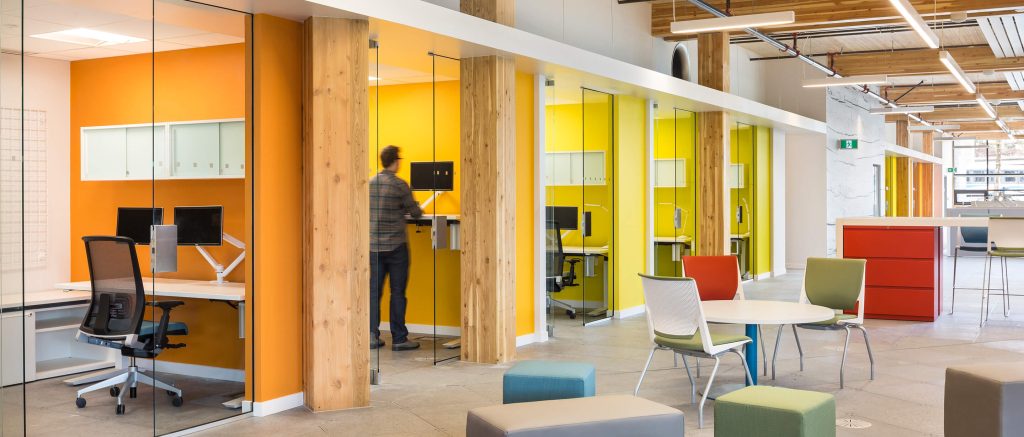In recent years, the traditional 9-5 workday has been increasingly replaced by more flexible working arrangements. With advances in technology and a shift towards a more balanced approach to work-life balance, many companies are now offering their employees greater flexibility in terms of when and where they work. This has sparked a debate about whether flexible hours are becoming the new norm in the modern workplace.
The concept of flexible hours is not a new one. In fact, many companies have been offering flexible working arrangements for decades as a way to attract and retain top talent. However, what has changed in recent years is the widespread adoption of flexible hours across a wide range of industries and companies of all sizes. This shift can be attributed to several factors, including changing attitudes towards work, advances in technology, and the increasing importance of work-life balance.
One of the main drivers behind the rise of flexible hours is the changing attitudes towards work. In the past, many employees were expected to adhere to strict work schedules and be present in the office for a set number of hours each day. However, as the nature of work has evolved, so too have people’s expectations about how and when they should work. Employees today are looking for a better balance between their professional and personal lives, and flexible hours are seen as a way to achieve this balance.
Advances in technology have also played a role in the rise of flexible hours. With the widespread availability of smartphones, laptops, and other devices, employees are no longer tied to their desks and can work from virtually anywhere. This has made it easier for companies to offer their employees greater flexibility in terms of when and where they work, as they can stay connected and productive even when they are not in the office.
Another factor driving the move towards flexible hours is the increasing importance of work-life balance. In today’s fast-paced world, many people are struggling to juggle their professional and personal commitments, leading to high levels of stress and burnout. Flexible hours can help alleviate some of these pressures by allowing employees to better manage their time and prioritize their responsibilities. This, in turn, can lead to increased job satisfaction, higher productivity, and lower turnover rates.
Despite the many benefits of flexible hours, there are still some challenges that companies face when implementing this type of working arrangement. One of the main concerns is ensuring that employees remain productive and engaged while working flexible hours. Some companies worry that employees may take advantage of the flexibility and not perform to their full potential. To address this issue, companies need to set clear expectations and provide the necessary support and resources to help employees stay on track.
Another challenge is ensuring that communication and collaboration remain effective in a flexible working environment. With employees working different hours and in different locations, it can be difficult to coordinate meetings, share information, and work together on projects. Companies need to invest in tools and technology that facilitate communication and collaboration, such as video conferencing, project management software, and instant messaging platforms.
Despite these challenges, the trend towards flexible hours shows no signs of slowing down. More and more companies are recognizing the benefits of offering their employees greater flexibility in terms of when and where they work. In a competitive job market, flexible hours can be a powerful tool for attracting and retaining top talent, as well as improving employee satisfaction and morale.
In conclusion, flexible hours are indeed becoming the new norm in the modern workplace. With changing attitudes towards work, advances in technology, and the increasing importance of work-life balance, more and more companies are embracing flexible working arrangements. While there are challenges to overcome, the benefits of flexible hours are clear, and companies that support this trend are likely to see positive results in terms of employee engagement, productivity, and retention. As the workplace continues to evolve, it seems that flexible hours are here to stay.

